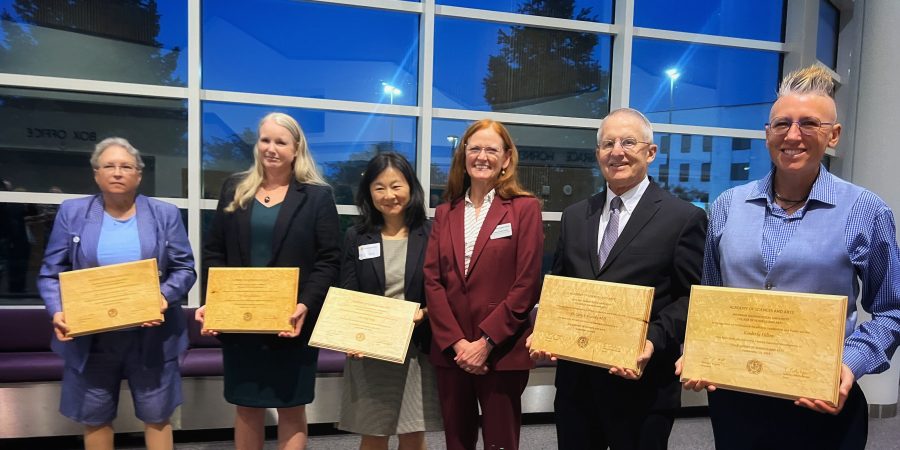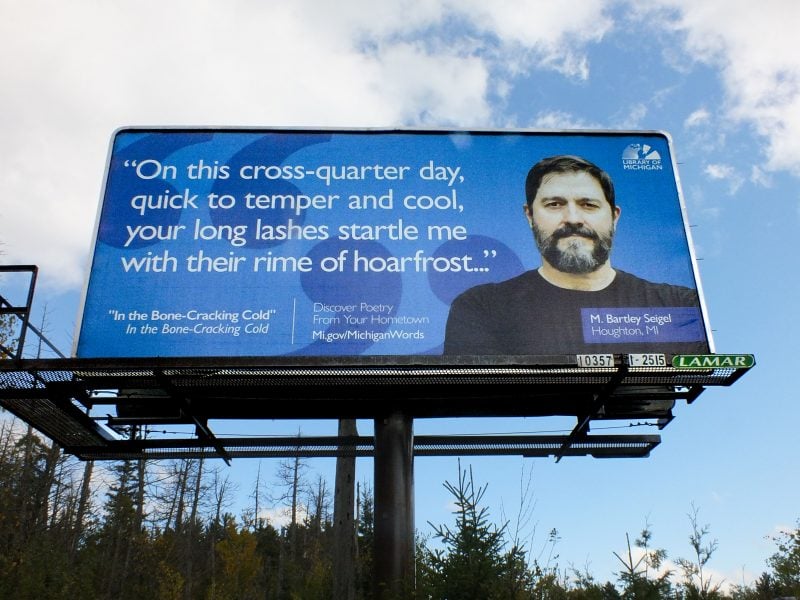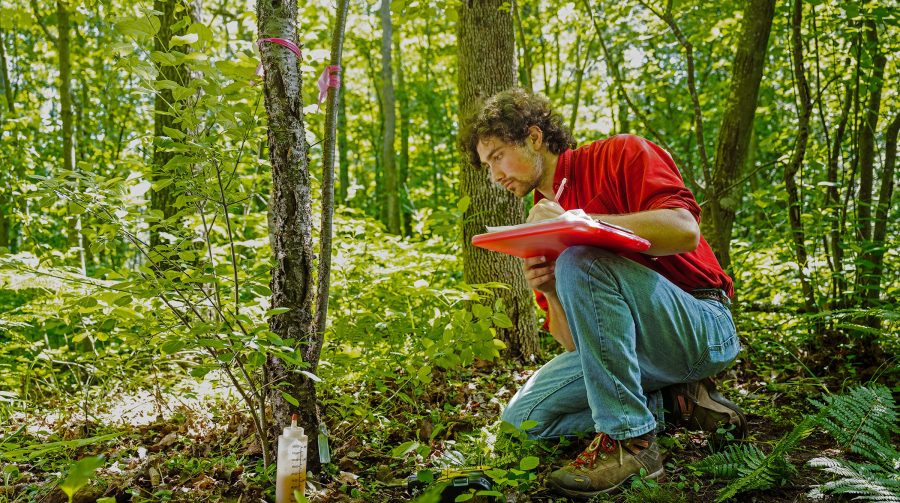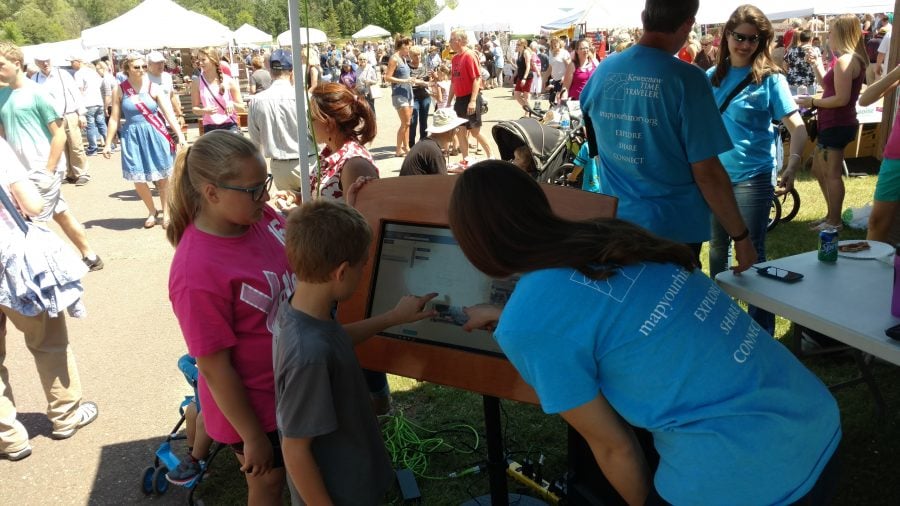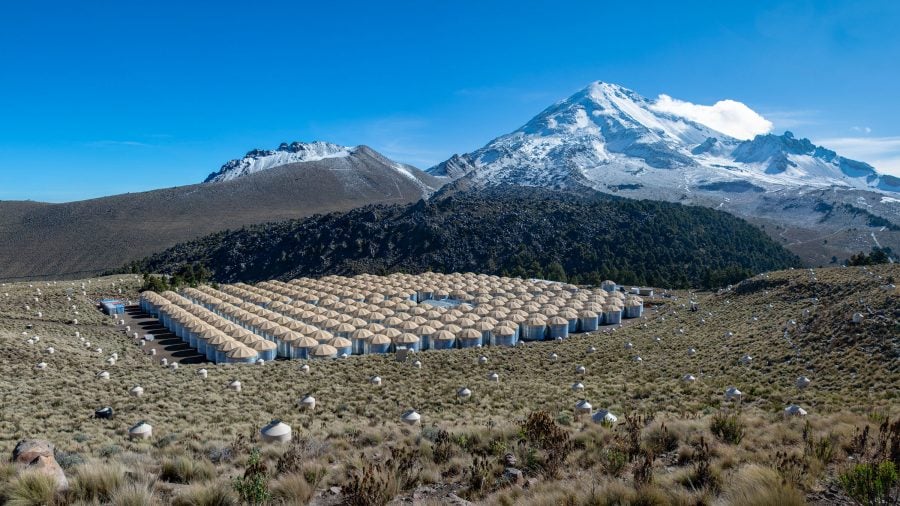
When postdoctoral scholar Xiaojie Wang of the Michigan Technological University Physics Department went looking for her next research topic, she found a previously unexplored region and a path to publication.
Wang is lead corresponding author of the article, “Ultra-High-Energy Gamma-Ray Bubble around Microquasar V4641 Sgr” recently published in Nature journal. The findings highlighted in the article offer new insights into how microquasars might contribute to the cosmic-ray energy spectrum—a long-standing puzzle in astrophysics.
“While reviewing the sky maps in search of my next project, I noticed a region five degrees away from our galactic plane with bright emissions that had not been visible in previous datasets,” said Wang, who works with Petra Huentemeyer, a distinguished professor of physics at Michigan Tech. “No gamma-ray source has been identified nor analyzed in this region—so I seized the opportunity and led the analysis.”
